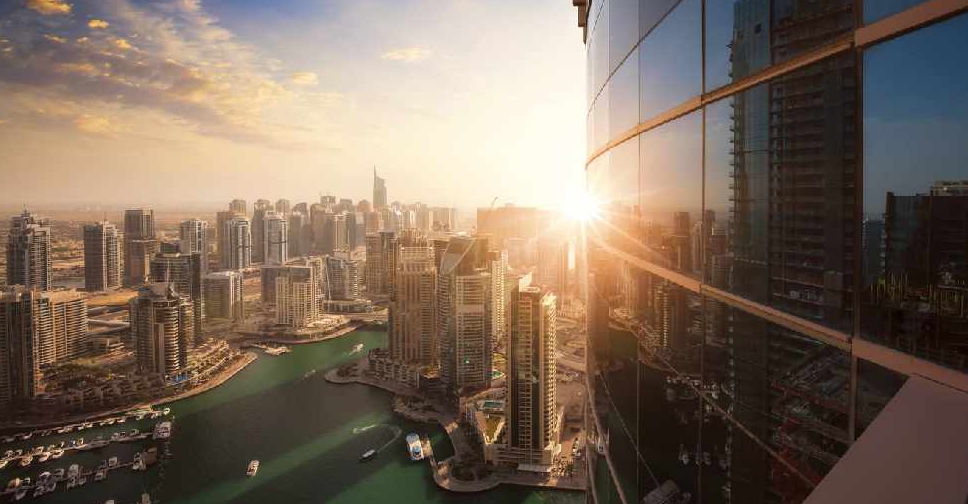
Dubai non-oil external trade has doubled tenfold between 2000 and 2019, rising from AED 143 billion in 2000 to AED 1.271 trillion in 2019.
In the first half of 2020, Dubai trade made around AED 551 billion, according to figures released by Dubai Customs on the occasion of the UAE 49th National Day celebrations.
The figures reflected the significant role the oldest government department has played in developing and enhancing Dubai and the national economy through the years.
In its long journey, Dubai Customs has gone through different stages of development. In the 1970s, it established Customs Centres to control Dubai’s sea, air and land ports. These included coastal customs centres at Dubai Creek, Port Rashid and Jebel Ali Customs Centre.
With the development of airports, customs centres were established at Dubai International Airport, Al Maktoum Airport, Air Cargo Customs centres, among others.
As of April 1 2001, Dubai Customs went into a new development phase with the launch of the Ports Customs and Free Zone Corporation.
After His Highness Sheikh Mohammed bin Rashid Al Maktoum, Vice President, Prime Minister of the UAE and Ruler of Dubai, assumed office on January 4 2006, Dubai Customs witnessed significant development in performance and services, which led the UAE to first place on the Customs Efficiency Index.
Ahmed Mahboob Musabih, Director-General of Dubai Customs, said, "Dubai Customs keeps developing and evolving to keep abreast with the latest technologies, provide its clients with the most advanced services, and maintain its global leading status. We are celebrating the 49th National Day with the development of new initiatives and projects that will help catapult us to even higher status and enable us to serve our clients in the best possible way."
Dubai Customs has facilitated customs procedures through a number of leading projects. Towards efficient communication with its clients, it organises regular meetings through the Dubai Customs Consultative Council, and it has launched Ertebaat initiative for coordination with the diplomatic missions and the foreign businesses groups.
Customs transactions completed by Dubai Customs grew 44 per cent in 5 years (2015-2019) to 13 million transactions at the end of 2019 compared to 8.9 million transactions in 2015. The growth reflects the resilience of the national economy and the pivotal role Dubai plays in the global trade. Customs transactions in the first half of 2020 grew 41 per cent to 7.252 million transactions compared to 5.138 million transactions in the corresponding period last year.


 UK's Jaguar Land Rover to halt US shipments over tariffs
UK's Jaguar Land Rover to halt US shipments over tariffs
 US starts collecting Trump's new 10% tariff
US starts collecting Trump's new 10% tariff
 Nasdaq set to confirm bear market as Trump tariffs trigger recession fears
Nasdaq set to confirm bear market as Trump tariffs trigger recession fears
 Dana Gas and Crescent Petroleum exceed 500M boe in Khor Mor field
Dana Gas and Crescent Petroleum exceed 500M boe in Khor Mor field
 China to impose tariffs of 34% on all US goods
China to impose tariffs of 34% on all US goods




